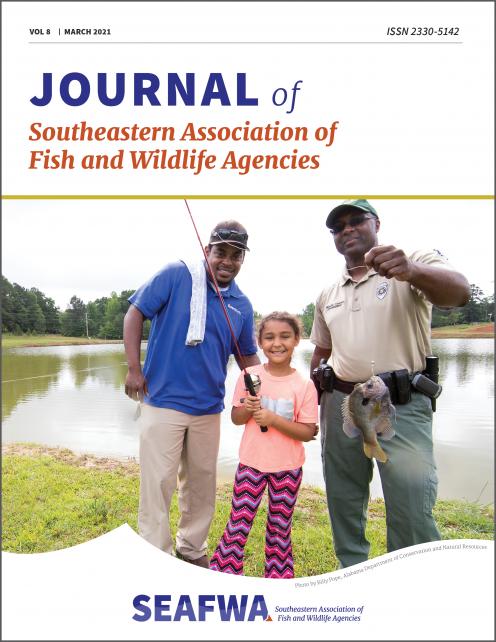Survey of Tennessee Landowners Participating in Conservation Reserve Program Practice Focused on Restoring Native Grasslands and Northern Bobwhite in Tennessee
The State Acres For wildlife Enhancement (SAFE) practice of the Conservation Reserve Program (CRP) in Tennessee is targeted to help
restore native habitats to benefit the northern bobwhite (Colinus virginianus) and other declining early successional wildlife. A survey of a subset of
participating landowners was conducted to assess landowner perceptions of and experiences with the practice and perceived wildlife response. The sur-
vey response rate was 58% (73 of 126 surveys mailed). All respondents were owners of the CRP SAFE tracts at the time of the survey, and...
